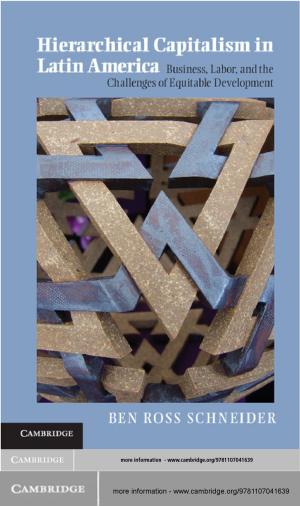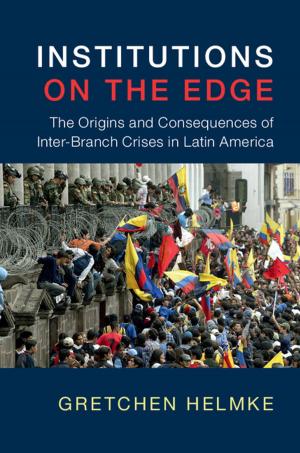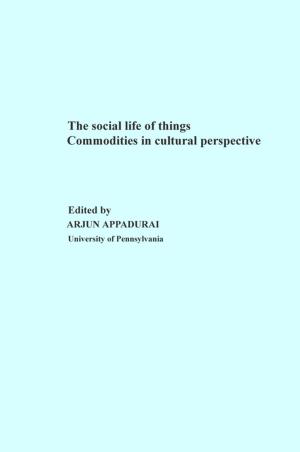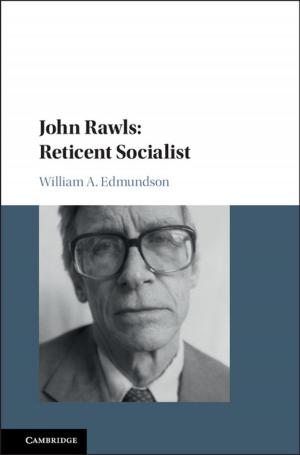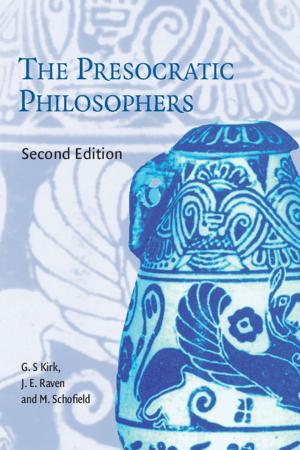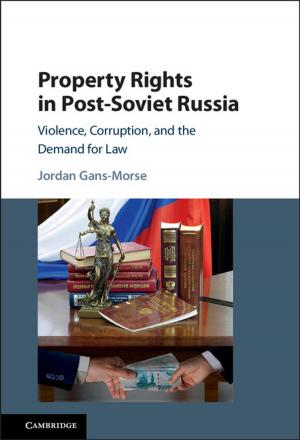Migration and Human Rights
The United Nations Convention on Migrant Workers' Rights
Nonfiction, Reference & Language, Law, Social & Cultural Studies, Political Science, Social Science| Author: | ISBN: | 9780511850950 | |
| Publisher: | Cambridge University Press | Publication: | November 26, 2009 |
| Imprint: | Cambridge University Press | Language: | English |
| Author: | |
| ISBN: | 9780511850950 |
| Publisher: | Cambridge University Press |
| Publication: | November 26, 2009 |
| Imprint: | Cambridge University Press |
| Language: | English |
The UN Convention on Migrant Workers' Rights is the most comprehensive international treaty in the field of migration and human rights. Adopted in 1990 and entered into force in 2003, it sets a standard in terms of access to human rights for migrants. However, it suffers from a marked indifference: only forty states have ratified it and no major immigration country has done so. This highlights how migrants remain forgotten in terms of access to rights. Even though their labour is essential in the world economy, the non-economic aspect of migration – and especially migrants' rights – remain a neglected dimension of globalisation. This volume provides in-depth information on the Convention and on the reasons behind states' reluctance towards its ratification. It brings together researchers, international civil servants and NGO members and relies upon an interdisciplinary perspective that includes not only law, but also sociology and political science.
The UN Convention on Migrant Workers' Rights is the most comprehensive international treaty in the field of migration and human rights. Adopted in 1990 and entered into force in 2003, it sets a standard in terms of access to human rights for migrants. However, it suffers from a marked indifference: only forty states have ratified it and no major immigration country has done so. This highlights how migrants remain forgotten in terms of access to rights. Even though their labour is essential in the world economy, the non-economic aspect of migration – and especially migrants' rights – remain a neglected dimension of globalisation. This volume provides in-depth information on the Convention and on the reasons behind states' reluctance towards its ratification. It brings together researchers, international civil servants and NGO members and relies upon an interdisciplinary perspective that includes not only law, but also sociology and political science.



